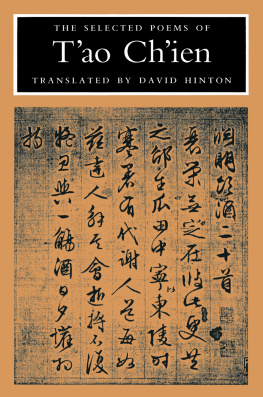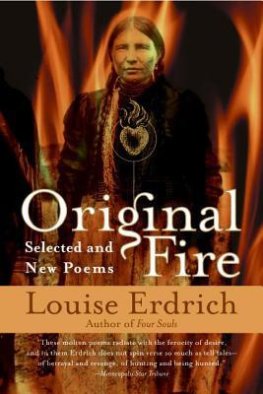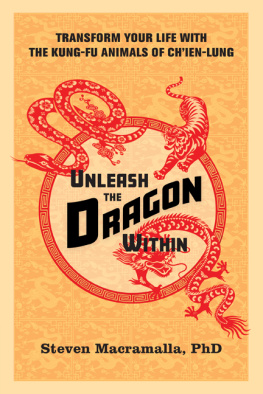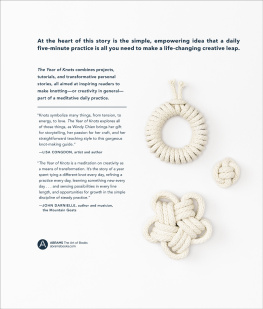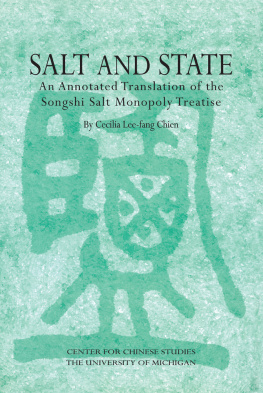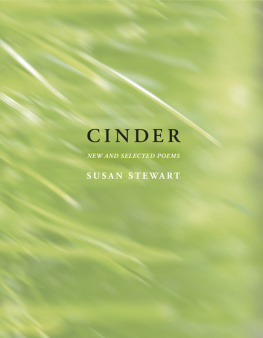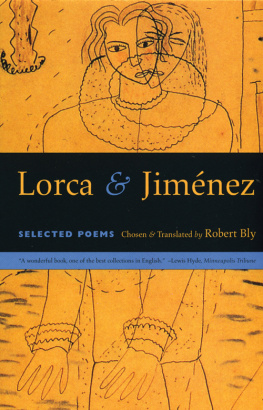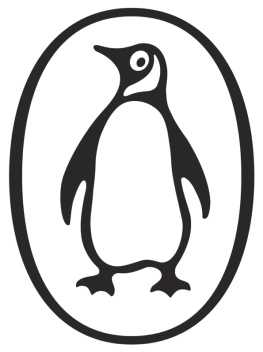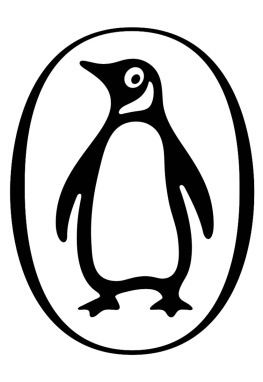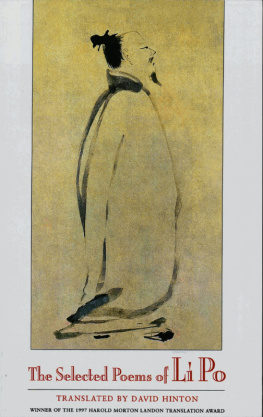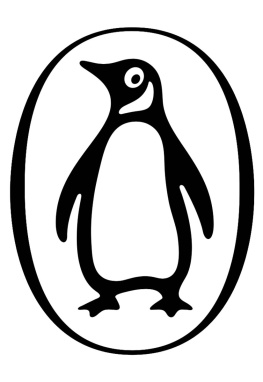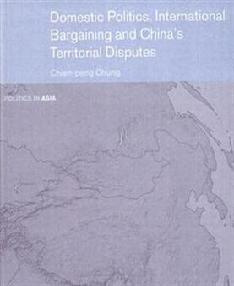Chien Tao - The Selected Poems of Tao Chien
Here you can read online Chien Tao - The Selected Poems of Tao Chien full text of the book (entire story) in english for free. Download pdf and epub, get meaning, cover and reviews about this ebook. City: Port Townsend, year: 2016, publisher: Copper Canyon Press, genre: Home and family. Description of the work, (preface) as well as reviews are available. Best literature library LitArk.com created for fans of good reading and offers a wide selection of genres:
Romance novel
Science fiction
Adventure
Detective
Science
History
Home and family
Prose
Art
Politics
Computer
Non-fiction
Religion
Business
Children
Humor
Choose a favorite category and find really read worthwhile books. Enjoy immersion in the world of imagination, feel the emotions of the characters or learn something new for yourself, make an fascinating discovery.
- Book:The Selected Poems of Tao Chien
- Author:
- Publisher:Copper Canyon Press
- Genre:
- Year:2016
- City:Port Townsend
- Rating:3 / 5
- Favourites:Add to favourites
- Your mark:
- 60
- 1
- 2
- 3
- 4
- 5
The Selected Poems of Tao Chien: summary, description and annotation
We offer to read an annotation, description, summary or preface (depends on what the author of the book "The Selected Poems of Tao Chien" wrote himself). If you haven't found the necessary information about the book — write in the comments, we will try to find it.
The Selected Poems of Tao Chien — read online for free the complete book (whole text) full work
Below is the text of the book, divided by pages. System saving the place of the last page read, allows you to conveniently read the book "The Selected Poems of Tao Chien" online for free, without having to search again every time where you left off. Put a bookmark, and you can go to the page where you finished reading at any time.
Font size:
Interval:
Bookmark:

 Copper Canyon Press encourages you to calibrate your settings by using the line of characters below, which optimizes the line length and character size: Lorem ipsum dolor sit amet, consectetur adipiscing elit pellig. Please take the time to adjust the size of the text on your viewer so that the line of characters above appears on one line, if possible. When this text appears on one line on your device, the resulting settings will most accurately reproduce the layout of the text on the page and the line length intended by the author. Viewing the title at a higher than optimal text size or on a device too small to accommodate the lines in the text will cause the reading experience to be altered considerably; single lines of some poems will be displayed as multiple lines of text. If this occurs, the turn of the line will be marked with a shallow indent. Thank you.
Copper Canyon Press encourages you to calibrate your settings by using the line of characters below, which optimizes the line length and character size: Lorem ipsum dolor sit amet, consectetur adipiscing elit pellig. Please take the time to adjust the size of the text on your viewer so that the line of characters above appears on one line, if possible. When this text appears on one line on your device, the resulting settings will most accurately reproduce the layout of the text on the page and the line length intended by the author. Viewing the title at a higher than optimal text size or on a device too small to accommodate the lines in the text will cause the reading experience to be altered considerably; single lines of some poems will be displayed as multiple lines of text. If this occurs, the turn of the line will be marked with a shallow indent. Thank you. We hope you enjoy these poems. This e-book edition was created through a special grant provided by the Paul G. Allen Family Foundation. Copper Canyon Press would like to thank Constellation Digital Services for their partnership in making this e-book possible. Table of Contents
And in the quiet resonance of his poetry, a poetry that still speaks todays language, they recognized a depth and clarity of wisdom that seemed beyond them. Tao Chien dwelled in the Great Transformation (ta-hua), earths process of change in which whatever occurs comes of itself (tzu-jan: literally self-so, hence natural or spontaneous). Tao and his contemporary, Hsieh Ling-yn, are often described as Chinas first nature poets. But Tao was much more than a romantic enthralled with the pastoral. He settled on his secluded farm because earths Great Transformation was perfectly immediate there, because there he could live life as it comes of itself, as it ends of itself. When he spoke of leaving government service and returning to the life of a recluse-farmer, he spoke of returning to tzu-jan.
He took comfort in death as an even more complete return, a return to his native home. Although he grieved over loss and dying because he knew the actual to be all there is, he also knew that whatever is alive, himself included, ceases to be as naturally as it comes to be. Taos return to tzu-jan was also a return to self. His poems are suffused with wonder at the elemental fact of consciousness, and at the same time, his poetry of dwelling initiated that intimate sense of belonging to the earth which shapes the Chinese poetic sensibility. For him, identity is itself tzu-jan. So, to become a complete and distinctive individual was to become an indistinguishable part of earths Great Transformation. In a poem not translated in this book, Tao described this experience of dwelling: Vast and majestic, mountains embrace your shadow; broad and deep, rivers harbor your voice.
The language Tao created perfectly mirrors the life he created. He crafted an authentic human voice, and its simple, unassuming surface reveals a rich depth. The great Sung Dynasty (9601280) poets found this especially impressive. Su Tungpo called it withered and bland: The outside is withered, but the inside is rich. It seems bland but is actually beautiful. And Huang Ting-chien said: When youve just come of age, reading these poems seems like gnawing on withered wood.
But reading them after long experience in the world, it seems the decisions of your life were all made in ignorance. If Taos poems seem bland, its because they always begin with the deepest wisdom. They are never animated by the struggle for understanding. The closest Tao came to a struggle for understanding was his resolute cultivation of idleness. Etymologically, the character for idleness (hsien) connotes profound serenity and quietness, its pictographic elements rendering a tree standing alone within the gates to a courtyard or, in its alternate form, moonlight shining through an open door. This idleness is a kind of meditative reveling in tzu-jan, a state in which daily life becomes the essence of spiritual practice.
Although Taos philosophical orientation was primarily Taoist, the Zen community has always revered him because he anticipated many insights of their tradition. In fact, he became the first in a tradition of Zen figures who stand outside the monastic community, their presence challenging students to free themselves from the unenlightened striving of monastic life by seeing that they are always already enlightened. (The Tang poet Han Shan is perhaps the most famous such figure.) Tao lived on the northwest side of Lu Mountain famous as a site of hermitage because of its great beauty very close to the most illustrious Buddhist monastery in south China. The monastery abbot Hui-yan, emphasizing dhyna (meditation), practiced a form of Buddhism which contained the first glimmers of Zen. But even though Tao maintained close relations with the community there (it is said Hui-yan tried to recruit him by breaking the rules and serving wine in the monastery), he was never tempted by such extreme, monastic forms of spiritual discipline. Taos workaday idleness would seem to be the very antithesis of monastic disciplines.
Indeed, it often takes the form of drinking, a pursuit for which he is justly famous. Although he was certainly capable of getting thoroughly drunk on occasion, drunkenness for Tao means, as it generally does in Chinese poetry after him, drinking just enough wine to achieve that serene clarity of attention which he calls idleness, a state in which the isolation of a mind imposing distinctions on the world gives way to a sense of identity with the world. Because Taos personal lyricism didnt answer to conventional taste, it received faint praise until the High Tang literary period (710780), when Chinese poetry blossomed into its full splendor with such singular poets as Wang Wei, Li Po, and Tu Fu. The admiration poets of that time had for Tao Chien was a major catalyst in the High Tang revolution. They recognized in his resolute individuality and authentic human voice an alternative to the lifeless convention of the court tradition which had dominated poetry from Taos time to their own. Following the Tang, the great Sung poets found virtually all of their interests anticipated in the profound simplicity embodied in Taos bland voice.
And the ability of his work to inspire this kind of admiration has continued through the centuries. If his sensibility seems familiar, it is a measure of his lasting influence. He was the first modern poet, and most modern poetry of the west, having moved beyond its own intellectual heritage, could trace its best tradition back to his lazybones work. 2. The Life The outlines of Tao Chiens life his struggle to free himself from the constraints of official life and his eventual commitment to the life of a recluse-farmer, despite poverty and hardship became one of the central, organizing myths in the Chinese tradition. There is little reliable information about Tao Chiens life.
Font size:
Interval:
Bookmark:
Similar books «The Selected Poems of Tao Chien»
Look at similar books to The Selected Poems of Tao Chien. We have selected literature similar in name and meaning in the hope of providing readers with more options to find new, interesting, not yet read works.
Discussion, reviews of the book The Selected Poems of Tao Chien and just readers' own opinions. Leave your comments, write what you think about the work, its meaning or the main characters. Specify what exactly you liked and what you didn't like, and why you think so.

